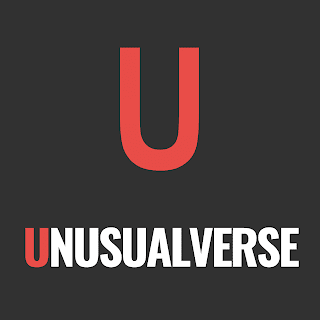Nora Duggan is an Irish linguist affiliated with Stockholm University’s Department of Linguistics, whose research focuses on the language learning experiences of deaf migrants, particularly in adult education settings in Sweden. Her work explores translanguaging practices, language ideologies, social and cultural factors in integration, and the challenges faced by deaf migrants in acquiring both Swedish and Swedish Sign Language.
Biography and Education
Duggan completed a PhD by compilation at Stockholm University in 2024, under the supervision of Ingela Holmström and Carla Jonsson, with Annelies Kusters as opponent. Her thesis, defended on 5 June 2024, addresses the language learning experiences of deaf migrants in Swedish adult education, with a critical focus on integration and linguistic equity[1].
Duggan’s 2024 doctoral thesis investigates how linguistic, social, and cultural factors shape deaf migrants’ experiences in learning Swedish and Swedish Sign Language. Using linguistic ethnography—video recordings, participant observations, and interviews across four folk high schools—the thesis comprises four studies on: (i) language ideologies in classrooms; (ii) translanguaging strategies; (iii) sociocultural influences on language use; and (iv) bureaucratic effects on integration[2].
Selected Publications
In 2023, Duggan co-authored an article in DELTA: Documentação de Estudos em Lingüística Teórica e Aplicada, titled Translanguaging practices in adult education for deaf migrants. The study, part of the Mulder project, analyses how translanguaging—mixing of languages—is used in multilingual classrooms for deaf adult education in Sweden[3]. Findings highlight that while translanguaging is common and natural, its effectiveness depends on participants' language repertoires and the presence of a shared language or lingua franca; moreover, unreflective language mixing by instructors can hinder learning.
- ORCID. (n.d.). Nora Duggan.
- Duggan, N. (2024). Deaf migrants in Swedish adult education: Language ideologies, repertoires, and translingual practices (Doctoral dissertation, Department of Linguistics, Stockholm University).
- Stockholm University (n.d.). Nora Duggan, Senior Lecturer.










